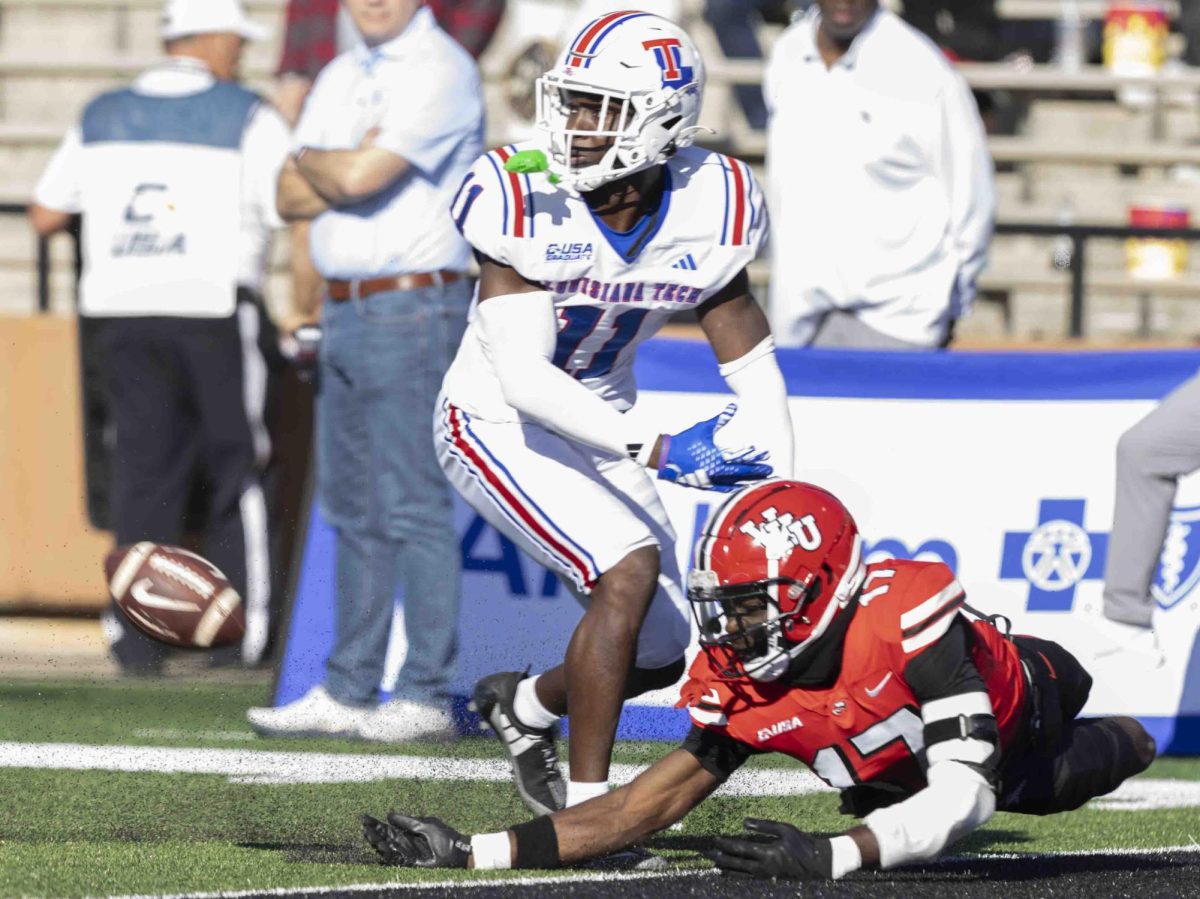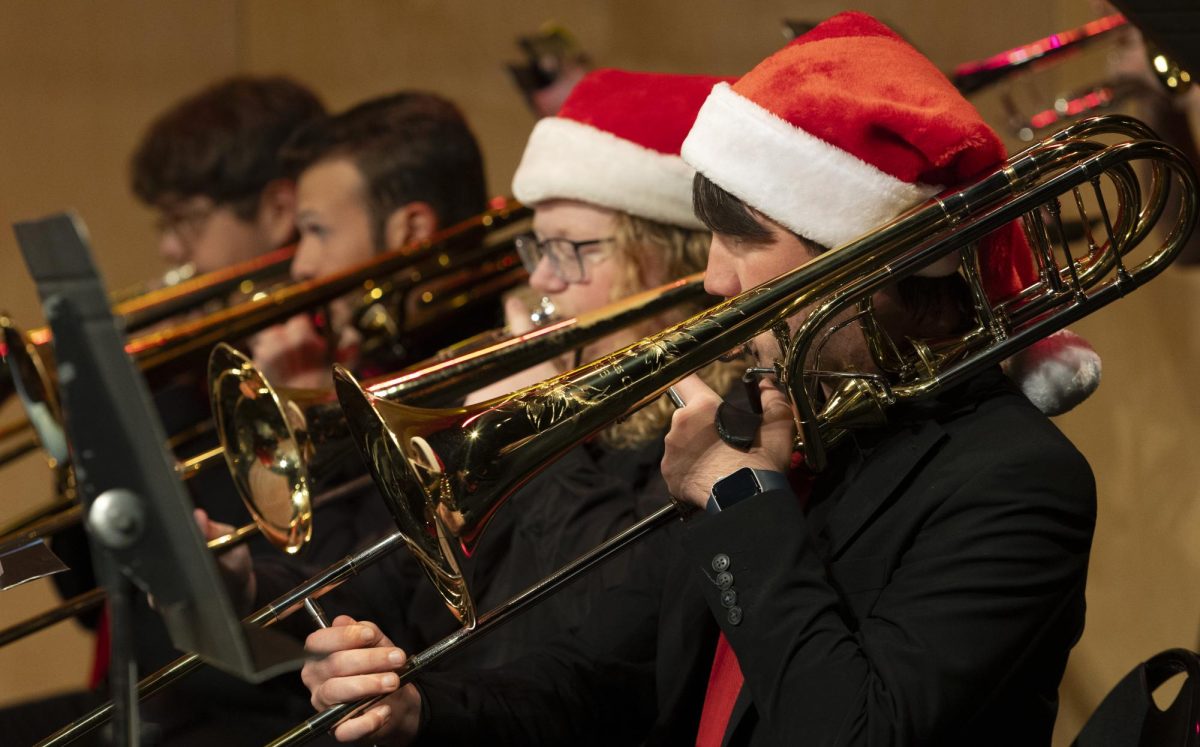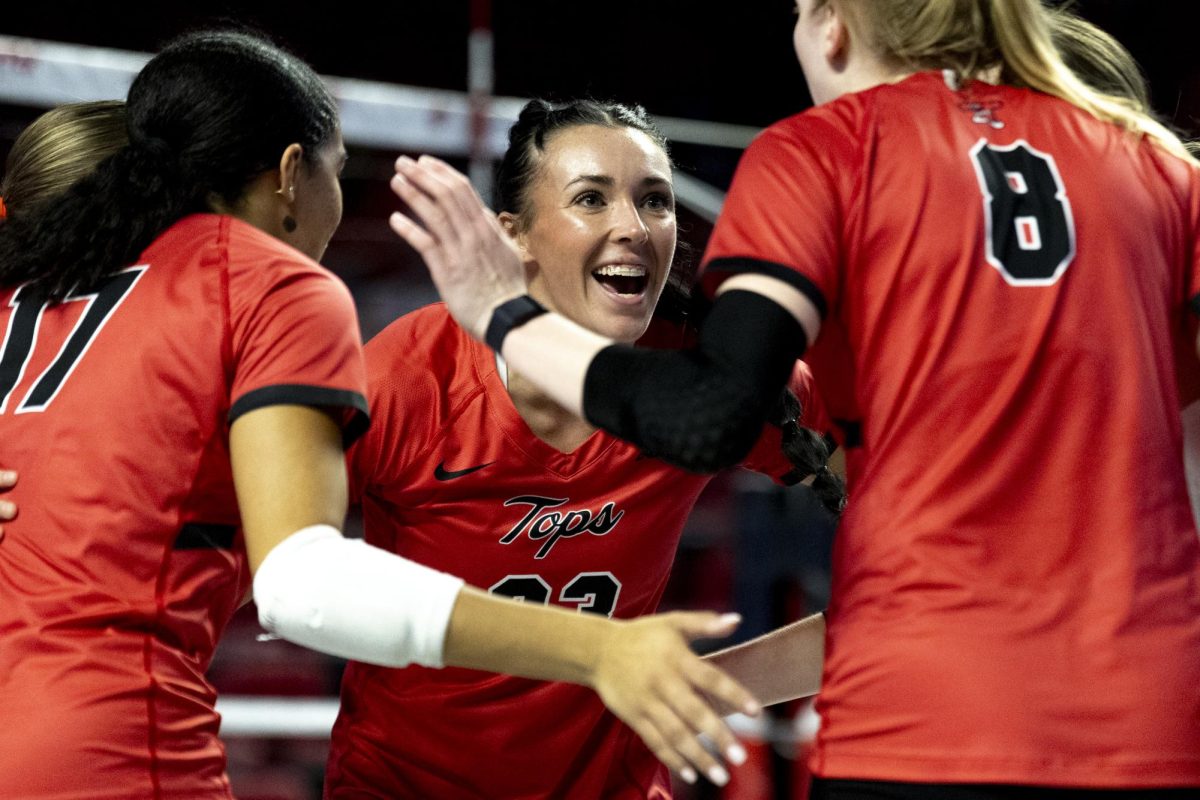WKU ‘Program Savers’ re-unite on Saturday
September 21, 2012
Long before games on ESPN, long before a two-sided stadium and long before a win over Kentucky, WKU football almost died.
The date of death was to be the spring of 1992, when a WKU budget committee recommended football be suspended in order to handle a state-mandated $6.1 million budget reduction.
But thanks in large part to a group of men that will be honored on Saturday, Topper football lives on.
There will be a ceremony at halftime of WKU’s game on Saturday vs. Southern Mississippi to pay tribute to the 20th anniversary of the 1992 “Save the Program” team and the 10th anniversary of the 2002 I-AA national championship team.
Jack Harbaugh, who coached both teams, said the 1992 season was one of the toughest of his career.
“There wasn’t very much pizzazz in the program,” Harbaugh said of the Toppers of the early 90s. “It was kind of limping along.”
He found out the university planned to do away with Topper football right before WKU was to begin spring practice.
He left his players a choice: accept defeat and leave, or fight to stay.
“To the man, every single man on the squad in 1992 said we want to play and we want to take our chances over the next month to see if we can’t change the votes to keep football,” Harbaugh said.
While the Toppers went about business as usual, former quarterback, coach and athletics director Jimmy Feix and some of his friends led an emergency-fundraising campaign.
Feix, former assistant Butch Gilbert and former player Mickey Riggs wrote letters and made calls to former WKU players, urging them to buy season tickets.
“We got on the phones and started hollering,” Feix told the Herald in 2011. “We started shaking some leaves, getting some support, just doing anything we could to save the program.
“And Coach Harbaugh dug his heels in and would not quit on me. That made all the difference in the world.”
On April 30, the Board of Regents voted to allow football to stay with a reduced budget.
Playing with a tighter budget, the Toppers had a rather pedestrian 4-6 record that year.
Funds remained tight over the next few years. WKU managed an 8-3 record in 1993 before having back-to-back losing seasons.
The Toppers then went 7-4 in 1996 behind the arm and legs of quarterback Willie Taggart.
The 1996 campaign started a streak of winning seasons that lasted until 2008.
By that time, WKU had done a massive renovation of Smith Stadium and was in the process of moving up to the Football Bowl Subdivision.
Were it not for the 1992 team deciding to go through with spring practice instead of giving up on the program, those changes wouldn’t have been possible, Harbaugh said.
“Had it not been for that ’92 team deciding to play and practice that spring there would be no football,” he said. “There would be weeds growing in the stadium… It would be a scrap heap.”










